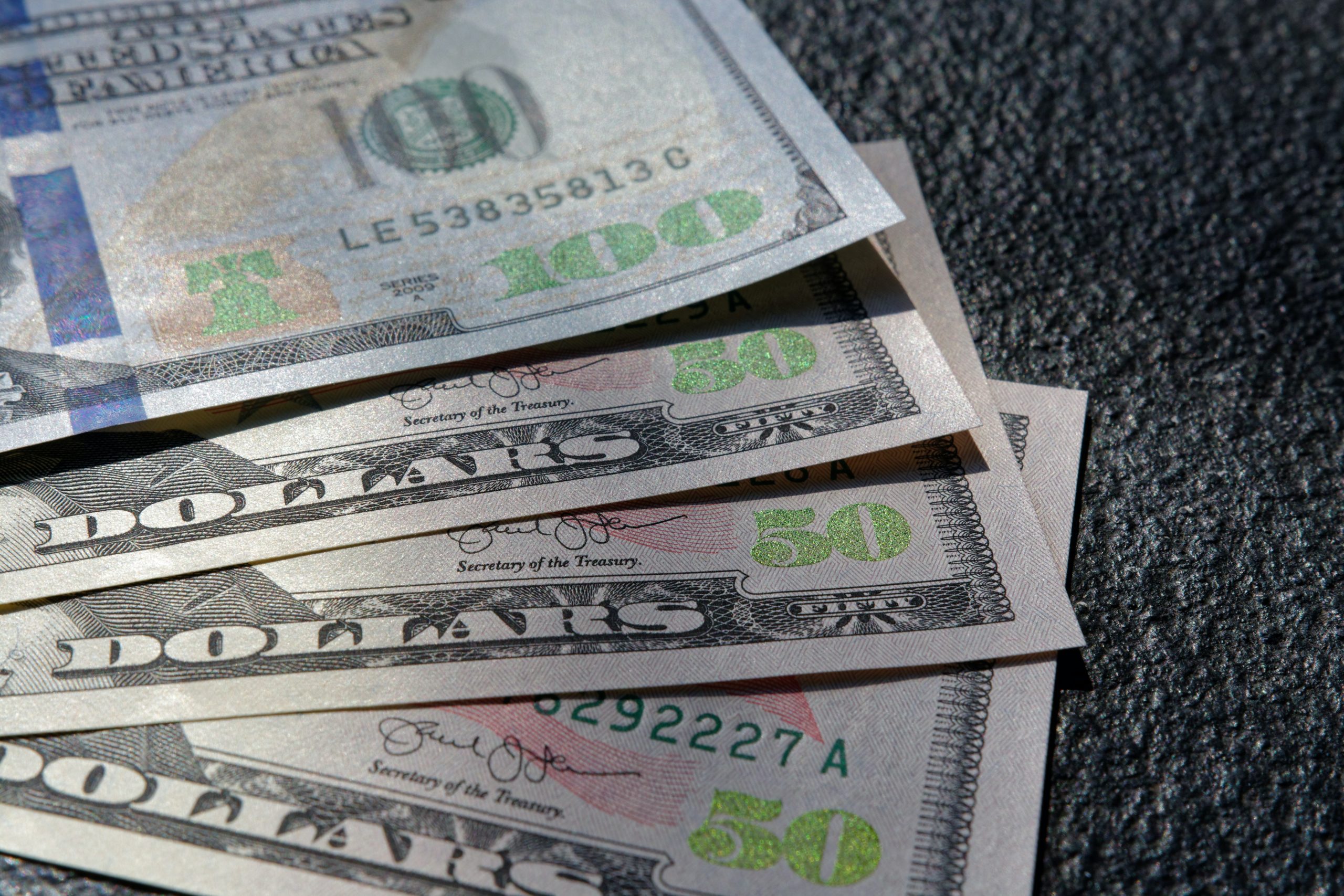When you have a customer that is behind on payments, you are probably relieved when the customer makes a payment and/or brings the account current. However, if that customer files bankruptcy, you may have to return the payment to the bankruptcy trustee. While this may seem unfair, it is an important aspect of the bankruptcy code. Moreover, with some careful planning and attention to detail, you can minimize the risk of having to return a payment.
What is a Preference Payment?
One of the goals of the bankruptcy code is for creditors to be treated equally. Stated another way, the bankruptcy code prevents debtors from quickly paying their preferred creditors before filing bankruptcy, leaving the non-preferred creditors to absorb larger losses when the debtor files bankruptcy. The rationale behind this is simple – it would be unfair to allow the debtor to choose which creditors it wants to pay immediately before filing bankruptcy, leaving other creditors to bear a larger share of the loss.
For this reason, a bankruptcy trustee can review and recover preferential transfers (or payments) made by the debtor before it filed bankruptcy. Preferential transfers fall into two categories:
- Transfers made by the debtor in the 90 days immediately preceding the bankruptcy filing; and
- Transfers made from 90 days to a year before the bankruptcy if the payment was made to an “insider,” which is basically defined as an officer, director, shareholder, or family member of the debtor.
This means that if you receive a payment from a customer, and that customer files bankruptcy within 90 days of the payment, you are at risk of having the bankruptcy trustee “void” the payment and demand that you give the payment to the bankruptcy trustee to be used to pay the debtor’s creditors. Similarly, if the debtor is related to or affiliated with you or your company, the trustee may seek to avoid payments that are as old as 12 months.
Defenses to Preference Payments
However, just because you received a payment from a bankrupt customer within the 90-day or 12-month window does not mean that you will automatically have to return the payment to the bankruptcy trustee. There are several defenses available to a trustee’s preference claim. Some of the more common defenses are:
- Contemporaneous Exchange – If the payment from the debtor was for goods or services received at the time of the payment, then the transfer is considered a contemporaneous exchange and will not be subject to avoidance by the bankruptcy trustee. Therefore, when a customer falls behind, it may be a good idea to insist on cash payments for new orders. Make sure that the payment you receive is credited against the new goods or services, and not credited to old debts, or it may be considered a preference payment.
- Ordinary Course of Business – if the payment from the debtor was under ordinary terms and consistent with prior practice, it may be considered an ordinary course payment not subject to avoidance. For example, if a debtor made regular monthly orders, and paid those orders regularly within 45 days, then those payments will likely be considered ordinary course payments. However, if you imposed accelerated payment terms when the debtor fell behind, the accelerated payments may not be ordinary course payments. For this reason, it is important to be careful and consistent if you consider imposing different payment terms.
- Small Amounts – smaller payments, $600 for an individual and $6,425 for a business, are not considered preference payments.
Planning to avoid a preference
It is important to identify customers who are or may be experiencing financial difficulty early. Careful and consistent handling of delinquent accounts can be the difference between getting paid and having to refund payments to the bankruptcy trustee.
If you have questions or concerns in dealing with financially distressed customers, we at Revolution Law Group are happy to assist you.
Revolution Law Group is located in Greensboro, NC serving individuals and small businesses throughout the Triad and surrounding areas. To contact us please visit www.revolution.law or call 336-333-7907.
The information included here is for informational purposes only, is not exhaustive of all considerations when creating documents, is not intended to be legal advice, and should not be relied upon for that purpose. We strongly recommend you consult with an attorney and do not attempt to create your own documents.

